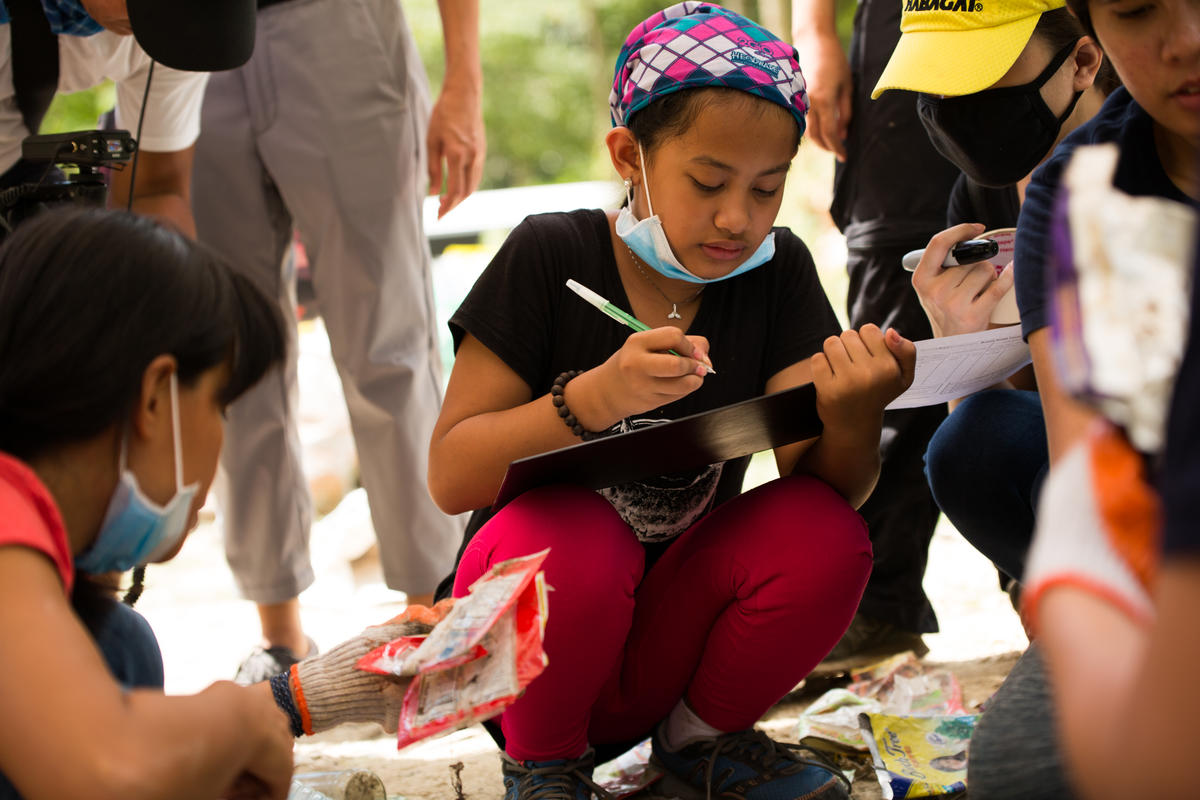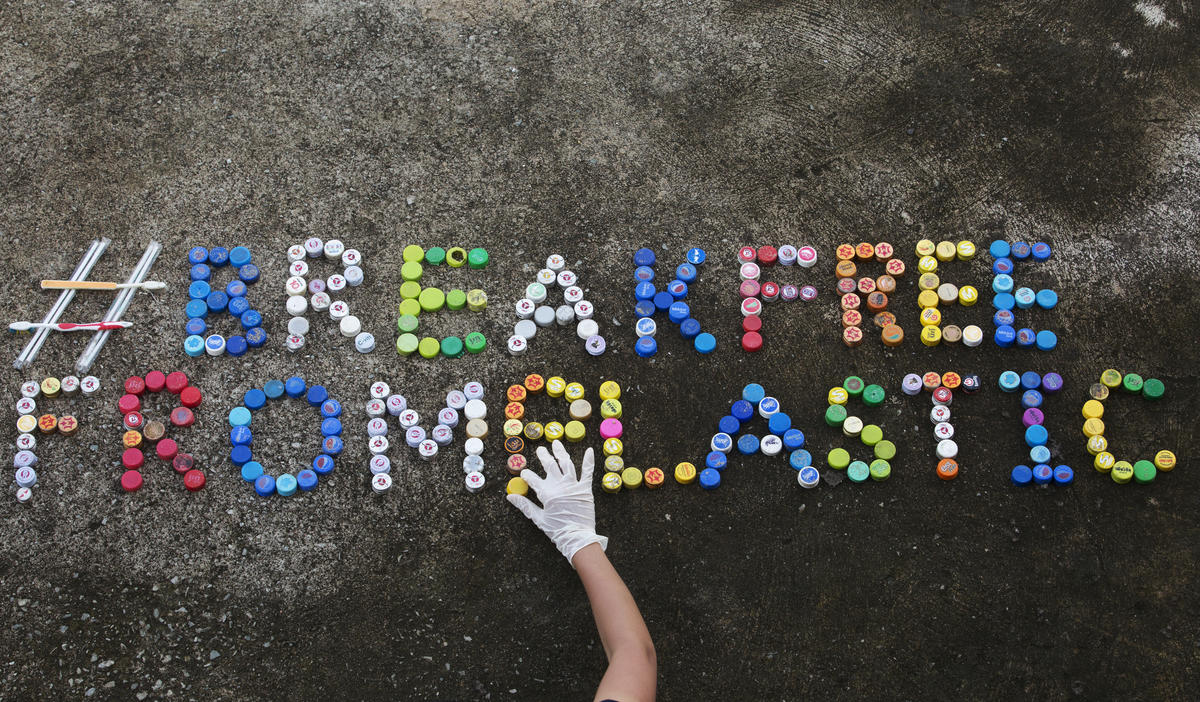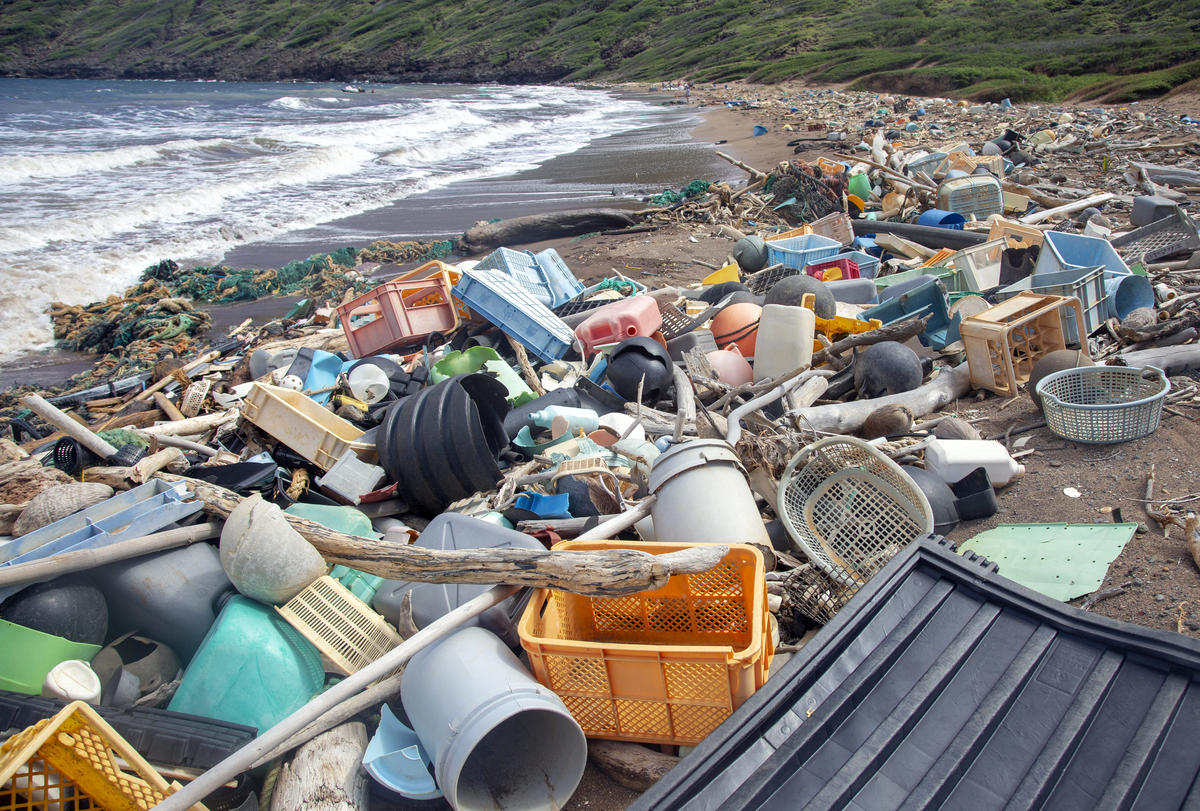Plastic pollution is a crisis: it fills our waterways, streets, and homes, harming wildlife and human health. Microplastics and toxins from making plastic are often in the air we breathe and the water we drink. Our understanding of the devastating effects of plastic on communities and the environment is growing—and so is the understanding that the only way to stop this is to make less plastic. Yet the global plastic production and packaging industries are planning to expand production of new plastic by nearly 40% in the next few years.
The good news is we can fight back! Much of plastic polluting our communities comes clearly branded with a company name, which means we can hold these companies accountable. Members of the Break Free From Plastic movement from around the world have come together to expose these brands for their reckless packaging habits. On World Cleanup Day in 2018, thousands of volunteers in hundreds of cities reported the brands found in their local parks, streets, and shorelines. We used the data to highlight exactly how some of the world’s biggest and best known companies are wrecking the planet. Based on the audit results, we identified the 2018 top polluters: Coca-Cola, PepsiCo, and Nestle.
Companies like Nestle are starting to respond. They see that their packaging practices are quickly becoming outdated and unpopular. They have started to make promises to reduce their plastic pollution impact, but the short-sighted options big companies are putting forward are a long way from the complete change in packaging methods that we urgently need. And we need to keep the pressure on.
So this year we plan to go even bigger—that’s where you come in.

Plastic wastes are sorted according to its type and brand during the clean-up drive and brand audit as part of efforts for Cebu to break free from plastic in Lahug River, Cebu City
Have you ever picked up a piece of trash off the ground and noticed the brand on its label before putting it in the bin? The brand audit is just doing that, but with a few more people and a good plan. By adding a brand audit to your community cleanup, you can help us hold corporate polluters accountable for their plastic pollution. After all, we can clean forever—or reduce once.
Everything you need to know about how to plan and do a brand audit can be found in the Break Free From Plastic brand audit toolkit. In the weeks leading up to World Cleanup Day on September 21, we invite you to consider planning a cleanup and brand audit in a nearby beach, river shore, or stream; the streets around your neighborhood; a local park; or even in your own home, school, or office! So if you’re not able to get your gloves on and pick up waste outside, you can still show corporations that you expect them to be doing more to stop plastic pollution.
Join thousands of people from around the world by adding a brand audit to your cleanup this September. Please be sure to register your event, and join the growing global movement to #BreakFreeFromPlastic!

#Break Free from Plastic is written on the beach using collected bottle caps.
Greenpeace Southeast Asia conducts clean up and plastic brand audit activity at Wonnapa beach, Chonburi province on World Cleanup Day. The activity aims to call on the corporations to take responsibility for the plastic pollution problem caused by plastic packaging.
The brand audit is a part of Break Free From Plastic movement. The activity is organised in more than 150 cities to incorporate data on corporate plastic pollution found in communities across the world.
Emma Priestland is the corporate campaign coordinator for Break Free From Plastic.




